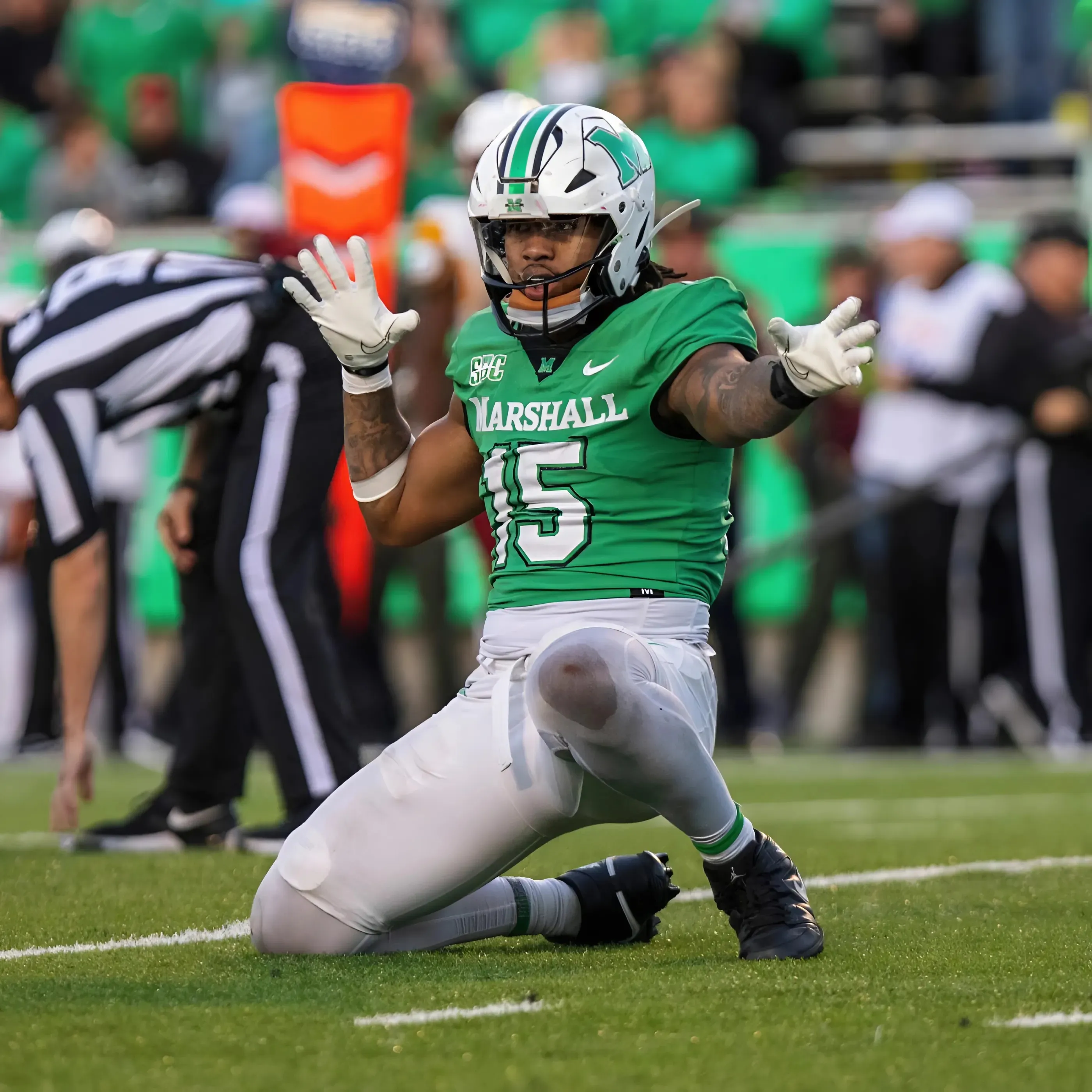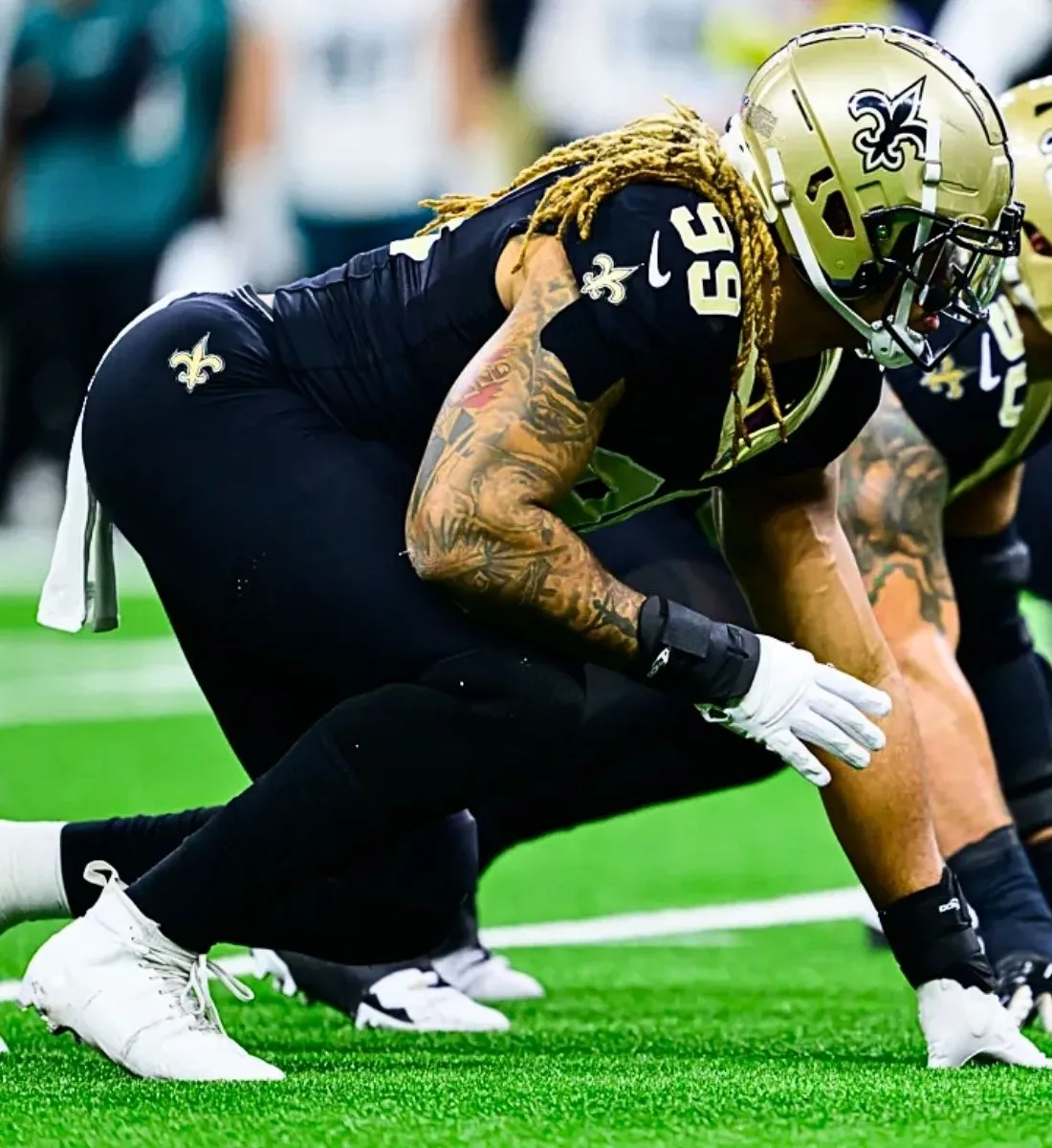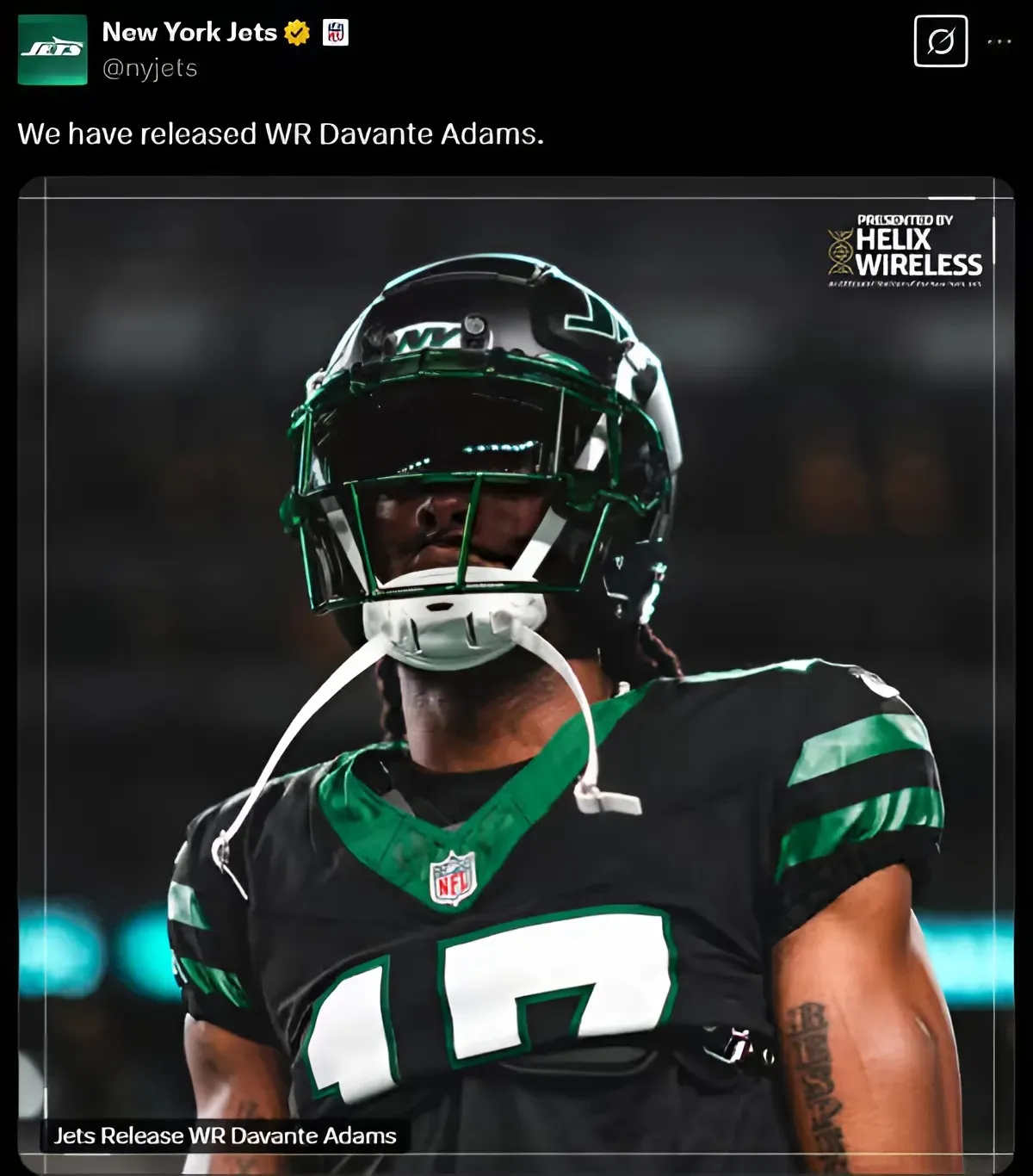More than twelve years since Matt Duchene scored an egregiously-offside goal against the Nashville Predators, the aftermath of that moment still informs how the modern NHL is played.
It's February 18, 2013. The Nashville Predators are in Denver, facing off against the Colorado Avalanche, in a Monday matinee game at the Pepsi Center. It's a chilly, partially-cloudy day in the Mile High City — 41 degrees at the time of puck-drop — and 15,099 fans are in attendance, eager to see the Avs at home for just the seventh time that season; as a result of the 2012-13 NHL lockout, which ended on January 6, 2013, the season is still ramping up. As the fans take their seats, they don't yet know that they are about to be present for a controversy that will forever change the course of NHL history.
Less than four minutes into the second frame, after the Avs took a 2-1 lead in the first, Colorado's recently-acquired right winger P. A. Parenteau takes a hit from Nashville's Rich Clune as he banks the puck out of Colorado's zone; he is trailing Matt Duchene, one of Colorado's brightest stars, who is anticipating the play moving into Nashville's end. The puck glances off of Nashville's Craig Smith, causing it to slow as Duchene's momentum takes him beyond the blueline and into the offensive zone.
The puck, now gently gliding away from the two Preds players covering on defense, Smith and Scott Hannan (a familiar name for Avs fans), follows Duchene, now obviously offside. Duchene, not hearing a whistle and not questioning his good fortune, corrals it just above the right circle and makes a move toward the net. Hannan and Smith, both expecting the play to be called dead, relent momentarily before realizing the play is still live. After a quick deke, Duchene, a lefty, shoots the puck shortside and over the glove of Nashville's Chris Mason and into the back of the net.
The reaction from the Predators players — and, perhaps most notably, from head coach Barry Trotz — is immediate and irate. All eyes turn to the linesman, Derek Amell, who quickly begins damage control. Soon after the goal was scored, Trotz is shown on the Preds' bench, standing, arms held out in disbelief, yelling "it's offside!" to the referees. As the goal is shown on the TV broadcast, at a number of different angles (all damning), the feed cuts back periodically to Trotz, whose anger is growing.
Voicing over the intermittent footage of the replays and the tirade developing on the Nashville bench is the late, great Peter McNab — providing color commentary for Mike Haynes on Altitude's coverage of the game — who is audibly aware of the blunder:
"“Mike — Michael, that — it was so far offside, it's unbelievable. The linesman, I believe, got screened... I — I mean, when you see it — everybody in the building stopped; everybody stopped. Everybody, including Duchene. I mean, this puck was chipped up... you're gonna see the puck come down, I mean, literally, the puck follows Duchene into the zone! And here's another look at it — now watch! You're gonna see Duchene — Mike, th-there's no way around it... Duchene: give him credit! I — you know, everybody in the building, and he, knew it was offside. That's just one of those ones where the linesman, you know, loses track of it... Nashville could care less about [the reason why].”"Peter McNab
The Avs would go on to win this game by a single goal, and future Nashville Predator Matt Duchene was named its first star.
Looking back on this moment now, Trotz' anger was certainly warranted, as the play was offside, and it was not even close. Yet, at the time, the league had no means through which a call like that could be overturned, so it stood as a good goal, despite the severity of the missed call.
The Backlash

Immediately following the game, a 6-5 win for Colorado, the backlash was swift and unanimous. In the post-game interviews, for both sides, it was understandably the hot topic. The Avs' players and staff largely remained sheepishly grateful, but there was no way around it: the Avalanche were the beneficiaries of a bad call. Duchene, himself, admitted as much, albeit with a bit of plausible deniability:
"“I was shocked... Even after I shot [the puck], I thought maybe I missed something... I didn't see the play. It might have been a good call by the linesman, but from what I've heard, it wasn't... We're not complaining, that's for sure.”"Matt Duchene
When Barry Trotz was asked about his reaction and his feelings about the call, he seemed resigned to the fact that it was a mistake that couldn't be undone, and he tried to remain neutral, even if unhappy with the results:
"“The league already verified that it should have been an offside [call]. The explanation from the crew here was that we passed [the puck] back. We didn't pass it back. That's why they didn't blow the whistle. The league's already talked to us about it. There's no fix. It's just one of those things. Everybody has a bad day... That's part of life, that's part of the game. Certain things are going to happen and you can't control them. There was nothing we could control about it, we just had to play through it. We didn't. It threw us off for a bit.”"Barry Trotz
Some came to the defense of the otherwise-respected call-determining linesman Amell, who had established himself as one of the league's most reliable linespersons; there was no debating that there was a missed call, but, as Trotz indicated, it's an imperfect game, and mistakes are bound to happen.
...FWIW, linesman who missed call is one of NHL's most experienced, accomplished, respected officials. Bad call, yes. Bad official? No way.
— Bob McKenzie (@TSNBobMcKenzie) February 19, 2013
Ultimately, and despite no apparent quotes or remarks from Amell, the understanding is that he lost sight of the play and believed one or both of the Predators players between Parenteau and Duchene had played the puck into their own zone: something that would have rendered Duchene's position in the offensive zone a non-factor, as it would no longer qualify as offside. Per the NHL rulebook, section 83.1: "If a player legally carries or passes the puck back into his own defending zone while a player of the opposing team is in such defending zone, the off-side shall be ignored and play permitted to continue."
While the puck did seemingly deflect of both Smith and Hannan, at no point could they be considered to have had possession of the puck, which is a necessary prerequisite for a play such as that to be ruled onsides. The only perceivable logic behind the non-call was based on a misread of the sequence of events that led to Duchene possessing the puck far into the zone. Despite the attempts to explain away what happened, league officials were almost certainly displeased by the bad press surrounding the goal. Accordingly, the missed call on Duchene is widely understood to be the play that (alongside a slew of other egregious missed offside calls from that season and the one prior) led to the implementation of the offside challenge rule, and it is still a highly-contested issue.
The Impact

Before the NHL kicked off it's 2014-15 season, a handful of new rules were implemented by the league; amongst these was the addition of a "coach's challenge." This allowed coaches to challenge a play to overturn a goal for both goaltender interference and, importantly, for an offside play.
Focusing on the latter, this was, on paper, a necessary adjustment to the rules. After all, a play like the Duchene offsides was bad optics for the league, and they wanted to get out in front of it before it became a recurring source of controversy in more meaningful games. Except, through an easily-foreseeable, reactionary causality, this became a self-fulfilling prophecy on the other end of blue-lined spectrum. The controversies have only increased as, against the spirit of the rule, plays began getting microscopically analyzed in ways that have, in the almost-decade since, sparked countless proposed revisions to the often-hated, much-debated offside challenge rule.
These unofficial, proposed refinements and adjustments to the coach's challenge rule — like adding a time limit, giving teams a set number of challenges per season (and having that number deplete with each un-overturned call), making it so that after 45 seconds, any offsides that may have occurred upon zone entry is voided because the play has completely evolved from that moment, forbidding the usage of slow motion (with the theory being that, if the call can't be overturned in real-time, than it's not worth overturning), etc. — are a few of the most notable ideas circling the drain in the hockey world. For now, however, things remain unchanged, and many NHL GMs are actually in favor of expanding the coach's challenge process.
Since the offside challenge was implemented, there has been an upward success rate as teams put a stronger emphasis on the fact that the challenges can legitimately impact the outcome of a game:
|
Season |
Offside Challenges |
Goals Upheld |
Goals Overturned |
Percentage Overturned |
|---|---|---|---|---|
|
2015-16 |
109 |
67 |
42 |
38.53% |
|
2016-17 |
206 |
148 |
58 |
28.15% |
|
2017-18 |
82 |
34 |
48 |
58.54% |
|
2018-19 |
98 |
33 |
65 |
66.33% |
|
2019-20 |
133 |
40 |
93 |
69.92% |
|
2020-21 |
77 |
18 |
59 |
76.63% |
|
2021-22 |
163 |
29 |
134 |
82.21% |
|
2022-23 |
151 |
21 |
130 |
86.09% |
|
2023-24 |
143 |
31 |
112 |
78.32% |
|
2024-25 |
113 |
20 |
93 |
82.30% |
Author's Note: These statistics aren't tracked in any easily-accessible ways, so I had to really crunch some numbers, and the two lists of data I could find that had anything useful had different sets of numbers, so this is the best aggregate I could compile myself.
There's merit to the notion that offside challenges are misused, and there have been plenty of infamous disallowed goals since the coach's challenge implementation, many of which have come with far-reaching consequences. Fittingly, two of the most memorable playoff instances of a goal overturned by the offside challenge have involved the aforementioned combatants: the Nashville Predators and the Colorado Avalanche.
In Game One of the 2017 Stanley Cup Finals — played between the Nashville Predators and the Pittsburgh Penguins — an overturned goal would change the trajectory of the series. At the 7:13 mark of the first period, Preds' star defenseman P.K. Subban rifled a puck from above the right circle and under the blocker of Pittsburgh's Matt Murray. It was the first goal of the game and the first goal scored in a Stanley Cup Final game in Predators history — until it wasn't. Shortly after Subban celebrated his feat, the play went under review for an offside prior to the goal. After an arduous review process, Subban's goal was overturned, and the Predators would go on to lose both the game and the series.
When Avs fans think of an offside challenge in a playoff game, the one that likely comes to mind is that of Gabriel Landeskog in Game Seven of the Second Round of the 2019 Stanley Cup Playoffs. Down by a single goal and approaching the halfway point of the second period, Nathan MacKinnon corralled the puck along the corner boards and threw it toward the net where a wide-open Colin Wilson one-timed it behind San Jose's Martin Jones, tying the game at 2-2. It was the momentum shift Colorado needed to quiet the sold-out crowd in San Jose — until it wasn't.
San Jose challenged the goal for offsides upon the puck's initial entry into the zone, and the call was ultimately overturned. Landeskog, who was completing a line change, had his right leg partially over the blue line when his teammates rushed the puck into the Sharks' end of the ice. Because of this, and because of the offside review's finicky, pedantic utilization, the goal was disallowed, and the Avs lost the game by a single goal, 3-2.
Moments like these have garnered much ire across the league, with fans, coaches, and players alike lamenting the unintended use of a rule that now disrupts games and hinders momentum on a regular basis. Even the best players in today's NHL have voiced their frustrations as the questionable calls continue to mount:
"“If it takes you 15 minutes to determine if it’s offside or not, it probably doesn’t matter,” McDavid said. “I talked to the linesman after. Ultimately, it’s not their call, I guess. Obviously, they said it came down from the league. You zoom in, you zoom in, you keep zooming in until you can’t zoom in anymore, and I guess it’s offside.”"Connor McDavid
Replay reviews have become so intertwined with the flow of today's NHL that all 32 teams employee a "video coach," whose job it is, in part, to be cognizant of any instances like offsides and goaltender interference that could be exploited advantageously as a means of getting a goal called back. Avs fans are likely familiar with the name Brett Heimlich, who serves as the Avs' video coach and is responsible for determining whether or not a play can and should be challenged.
Regardless of the initial intent of the coach's challenges, and regardless of the current utilization of this rule, it continues to branch out and evolve, and it is forever changing the NHL and the outcome of games in both the regular season and the playoffs. Until enough GMs come together to vote to change the current ruling norms, or until the rule is negotiated and altered in the next Collective Bargaining Agreement meeting, currently scheduled for September 15, 2026, between the NHL and the NHL Player's Association, the calls will continue to be analyzed, partly as a result of the Duchene offsides, which has left — and will continue to leave — its mark on hockey history.

-1750685961-q80.webp)

